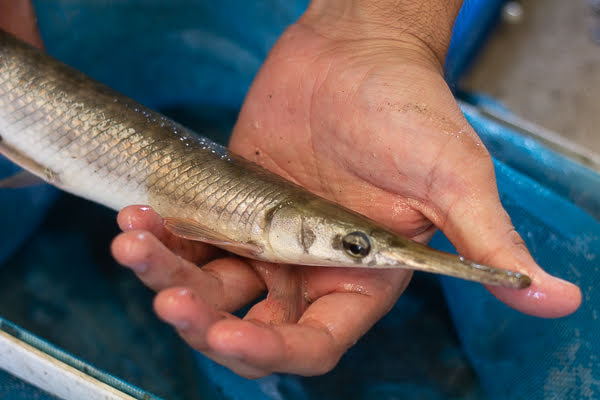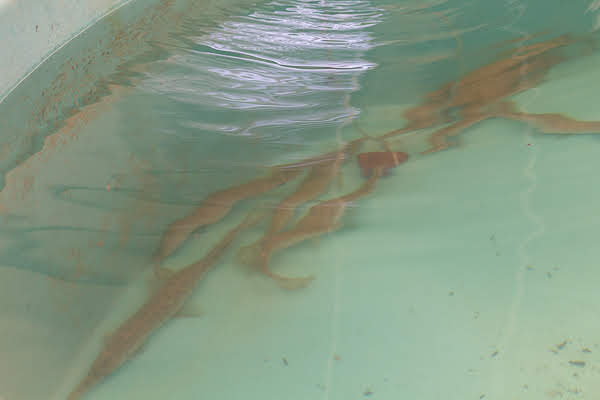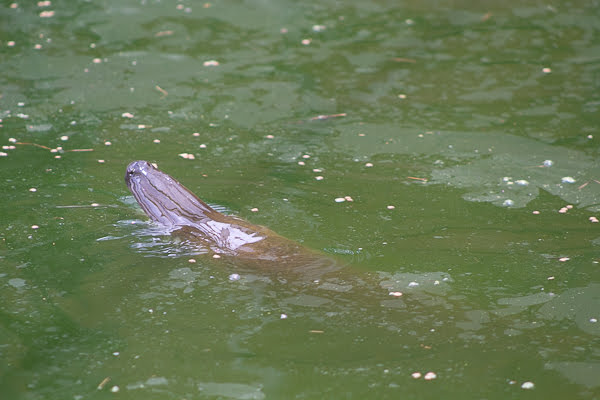Share:
25 percent of species in the world are endangered
Invasion of foreign species along with overexploitation and contamination, are putting an end to the biological diversity in the world.
A million species of plants and animals are currently endangered, this amounts to roughly 25 percent of all living species known to the world.
Roberto Mendoza Alfaro, researcher from Universidad Autónoma de Nuevo León, assured that prevention and resiliency are key concepts in order to preserve biodiversity.
“There is an unprecedented biodiversity crisis from the last 50 years to now, due to the population doubling in size, a quadrupled economy , and a tenfold increase in trading”.
During the Biological Diversity World Day celebrated on May 22, Roberto Mendoza Alfaro as an active member of the National Researcher System, said that the joining of diverse groups is fundamental. We all are part of the problem, so, we all have to be part of the solution as well.
But, why are the world’s species becoming extinct?
The professor of the School of Biology of UANL pointed out that there are five factors responsible for the biological diversity loss as defined by the National Committee for the Knowledge and Use of Biodiversity (NCKUB):
1.- Fragmentation of habitat
Transformation of ecosystems into agricultural and cattle fields, dams, highways, and urban zones.
2.- Climate Change
A rising in the concentration of greenhouse gasses due to the burning of fossil fuels and deforestation.
3.- Overexploitation
Hunting activities as well as logging, fishing, and illegal trading of species with different purposes.
4.- Pollution
Due to the commercial, farming, agricultural and urban industries that contribute to the soil, water, and air contamination.
5.- Invading species
Introduction of non-native or exotic species that turn into plagues. These, in turn, destroy the native species, modify habitats and transmit diseases.
“All these factors are intertwined, they act together and are fueled by global warming, which exacerbates all of them”, stated Mendoza Alfaro, member of the Board of Experts of the NCKUB regarding Biosecurity.
According to estimates of the Intergovernmental Science-Policy Platform on Biodiversity and Ecosystem Services, 40 percent of the biological diversity in America will be lost by the year 2050.
5 consequences due to the loss of biological diversity:
- Dispersion of species, invasion and destruction of ecosystems
- Coral bleaching
- Food shortages for different species including the human being
- Infectious parasites
- Emergence of diseases impossible to control
Posted by: Department of Press









